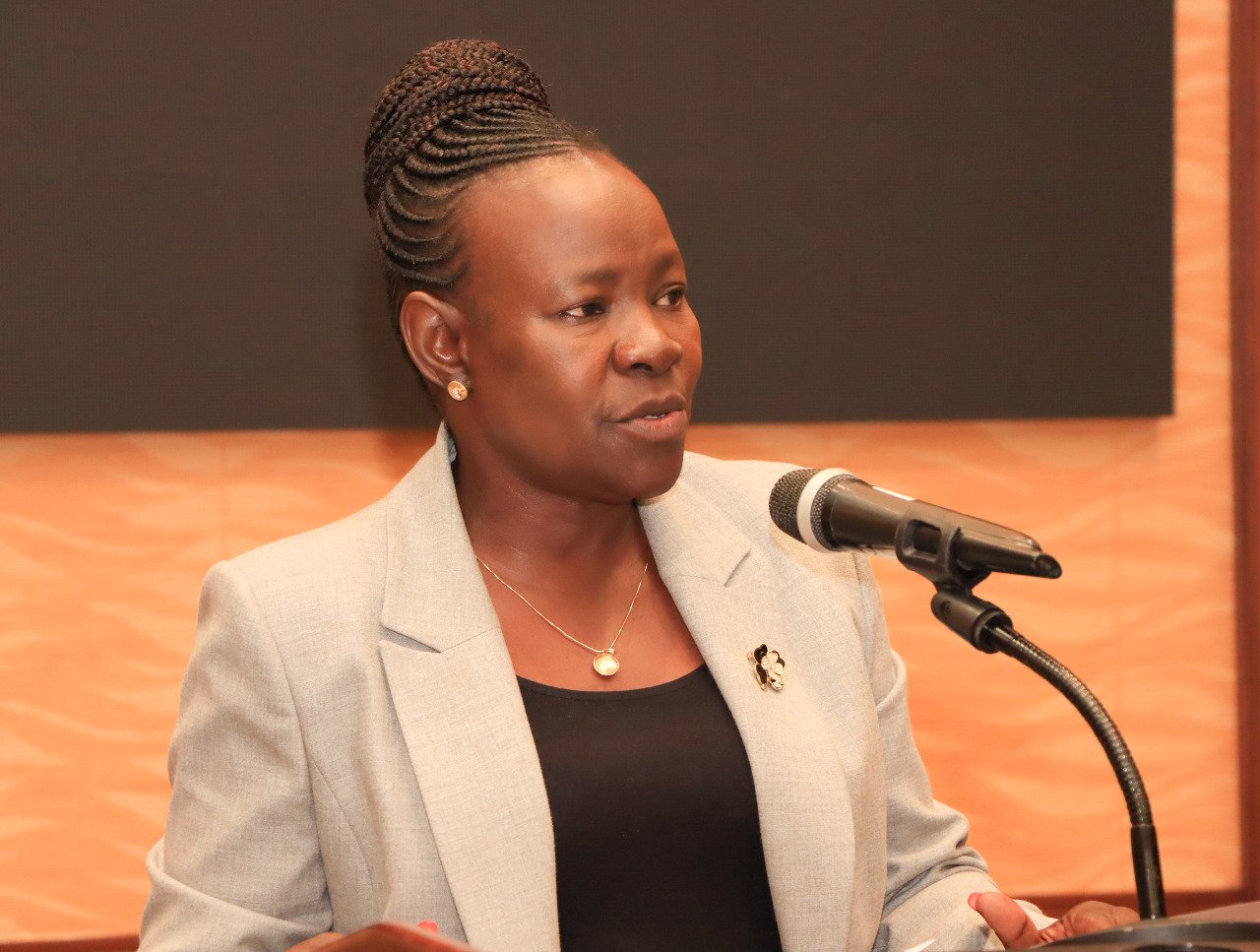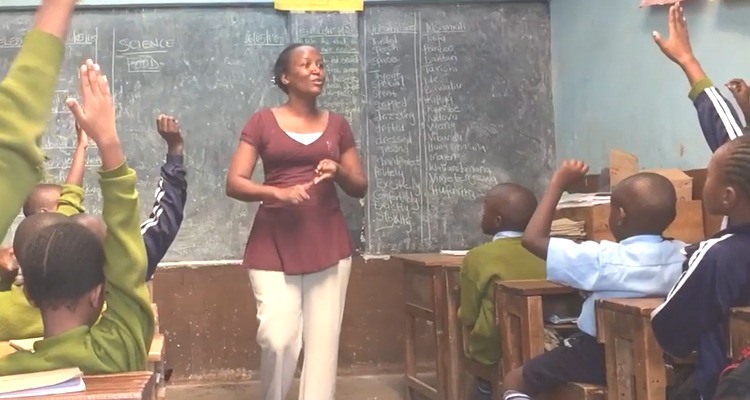Development of a policy to ease movement of learners between and within various programmes in institutions and levels of qualifications has now reached the final stages.
The second workshop of the ad-hoc committee which started on February 19, 2024 and ended on February 23, 2024 to draft the Kenya Credit Accumulation and Transfer System (KCATS) Policy in Naivasha was the final one, thereafter the committee will proceed to fine-tune before its rollout.
The 19-member team drawn from various sectors was inaugurated during the multi-sectoral workshop to review the KCATS on November 20, 2023 at Lake Naivasha Resort Hotel and was organized by the Kenya National Qualifications Authority (KNQA).
Speaking when she opened the second workshop in Naivasha on February 19, 2024, the Principal Secretary (PS) in the State Department for Technical, Vocational Education and Training (TVET) Dr Esther Muoria said the main aim of the workshop is to address bottlenecks in recognizing qualifications and skills attained formally in a bid to finalize the policy.
“We envisage finalizing a KCATS policy to address bottlenecks in recognizing qualifications and skills attained formally. Thus, through the two policies, Qualifications Awarding Institutions shall be able to assess and recognize competencies and qualifications attained from formal, informal and non-formal settings,” said Dr Muoria.
She noted that through KCATS, the Ministry of Education (MoE) envisages to ease movement of learners between and within various programmes, institutions and levels of qualifications such as TVET institutions, universities and even professional examining bodies.
KNQA Council chairperson Stanley Kiptis observed that the second workshop paved way for experts reviewing the policy to exchange ideas, challenge existing notions and explore new opportunities, urging the team to refine and finalize the KCATS policy so that learner mobility becomes a reality in the country and beyond.

“The policy we shape here will have a direct impact on the lives of Kenyan citizens and so we must ensure that their voices are heard and represented. I urge you all to approach this workshop with enthusiasm, dedication and tenacity,” he said.
Recently, the government approved implementation of the RPL policy framework to address the existing gaps in recognition and certification of skills attained from informal and non-formal sectors.
The team of experts is drawn from the KNQA, Directorate of Quality Assurance, TVET Authority (TVETA), University of Embu, University of Nairobi, National Industrial Training Authority (NITA), Egerton University, International Labour Organisation (ILO), and Federation of Kenya Employers (FKE).
Others include Human Resource Management Professionals Examination Board (HRMPEB), Commission for University Education (CUE), Kenya National Examinations Council (KNEC), Technical and Vocational Education and Training Curriculum Development, Assessment and Certification Council (TVET CDACC), and Kenya Universities and Colleges Central Placement Service (KUCCPS).
The team was tasked with a major responsibility of coming up with the national policy on KCATS policy in the country through reviewing the initial edition that was prepared by KNQA and launched in November 2021.
The Kenya National Qualifications Framework (KNQF) Act No. 22 of 2014 mandates KNQA to develop policies and standards to guide the national qualifications system aimed at enhancing the skills development process, skills transferability, and clarify progression pathways between and within levels of qualifications and across different sectors.
KCATS is a form of RPL used to recognize and validate formal learning using the accumulated credits. The system allows mobility of learners from one programme to another within or across institutions without having to duplicate learning, thereby facilitating lifelong learning.
By Roy Hezron
Get more stories from our website: Education News
To write to us or offer feedback, you can reach us at: editor@educationnews.co.ke
You can also follow our social media pages on Twitter: Education News KE and Facebook: Education News Newspaper for timely updates.
>>> Click here to stay up-to-date with trending regional stories






